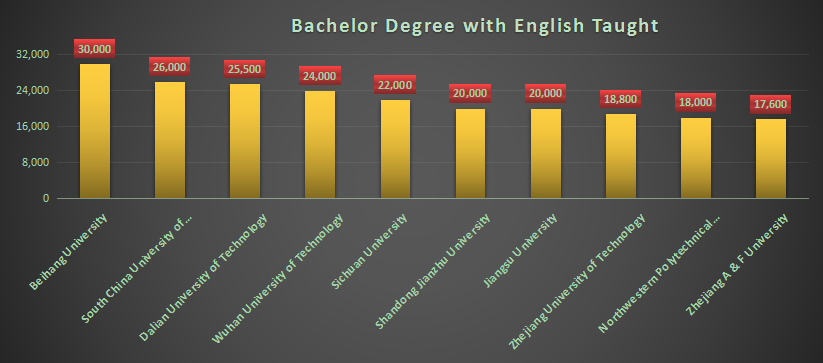What?
Civil Engineering is the professional practice of designing and developing infrastructure projects. This can be on a huge scale, such as the development of nationwide transport systems or water supply networks, or on a smaller scale, such as the development of individual roads or buildings.
All aspects of building a structure fall under the remit of a civil engineer. This can include planning, design, budgeting, surveying, construction management and analysis, and often Civil Engineering careers encompass a combination of all these elements.
The great thing about civil engineering in the real world is that it’s an industry that perpetually adapts to the demands and desires of society. In recent years civil engineering has adapted to consider many contemporary environmental concerns, helping to address issues of pollution and scarce water supplies, while considering the potential of sustainable energy within the industry.
If you choose to pursue a civil engineering degree, you’ll discover the extent to which civil engineers shape, build, maintain and expand societies. Whether it’s a bridge, space satellite, dam, road or tunnel, civil engineers are the people who design, construct and manage the entire process, from development to evaluation.
Civil engineering graduates are the brains behind all the largest and most essential structures that surround us – buildings, transport networks, energy and water supplies – and so their value within society is great. In recent years, the profession has seen a shortage of experienced graduates, meaning that now, more than ever, civil engineering graduates are highly sought-after.
 |
 |
 |
 |
|
| Tuition (in USD/year) | 2K-13K |
12K-45K |
8K-29K |
0k-20k |
| Duration | 4 |
3-4 |
3 |
3-4 |
| Degree after Graduation | Bachelor |
Bachelor |
Bachelor |
Bachelor |
| Language Requirements | English/Chinese |
English |
English |
English&German |
Advantages and Disadvantages of Studying in China and in Other Major Countries
| China | Advantages |
|
||
| Disadvantages |
|
|||
| USA | Advantages |
|
||
| Disadvantages |
|
|||
| UK | Advantages |
|
||
| Disadvantages |
|
|||
| Germany | Advantages |
|
||
| Disadvantages |
|
|||
Where?
Why?
Top 5 Civil Engineering Studies in China

|

|

|

|

|
Detailed Comparison of the Top 5

-
TOP 1
Tsinghua University
- Tuition: 30,000 RMB per year
- Location: Beijing
- Language requirement: Chinese, HSK 6
- Features:
One of the oldest discipline of Tsinghua;
Civil Engineering of Tsinghua in Asia is second to none
7 laboratories, 1 key Laboratory of Ministry of Education, 1 National Engineering Laboratory, 1 Beijing Engineering Technology Research Center
Detailed Comparison of the Top 5

-
TOP 2
Shanghai Jiaotong University
- Tuition: 24,800 RMB per year
- Location: Shanghai
- Language requirement: Chinese, HSK 5
- Features:
Having history over 100 years
Strong academic faculties;
Having excellent research achievement in the area of civil engineering
Detailed Comparison of the Top 5

-
TOP 3
Tongji University:
- Tuition: 24,600 RMB per year
- Location: Shanghai
- Language requirement:Chinese,HSK4
- Features:
Rich in academic expertise and resources
First class facilities for its State Key Laboratory of Disaster Prevention in Civil Engineering
Having established cooperation relationship with other world-class universities;
Great reputation among foreign students
Detailed Comparison of the Top 5

-
TOP 4
Zhejiang University:
- Tuition: 24,800RMB/year
- Location: Hangzhou
- Language requirement: Chinese,HSK 4
- Features:
One of the first established discipline of Zhejiang University
Alumni are to be found around the world
Lower Chinese language requirement with affordable tuition
Detailed Comparison of the Top 5

-
TOP 5
Harbin Institute of Technology
- Tuition: 26,000 RMB per year
- Location: Harbin
- Language requirement: English, IELTS 5.5 or TOEFL 550
- Features:
Having English-taught civil engineering program with affordable tuition
Preponderate discipline in HIT;
Offering a broad interdisciplinary curriculum
Ascending tuition fees of the Top 10


